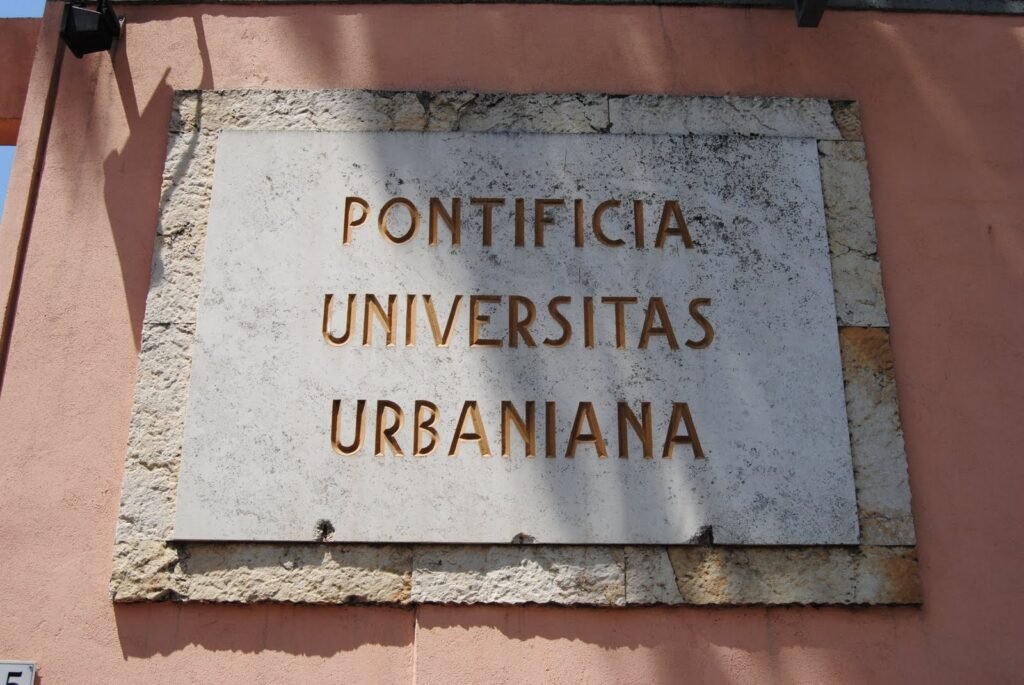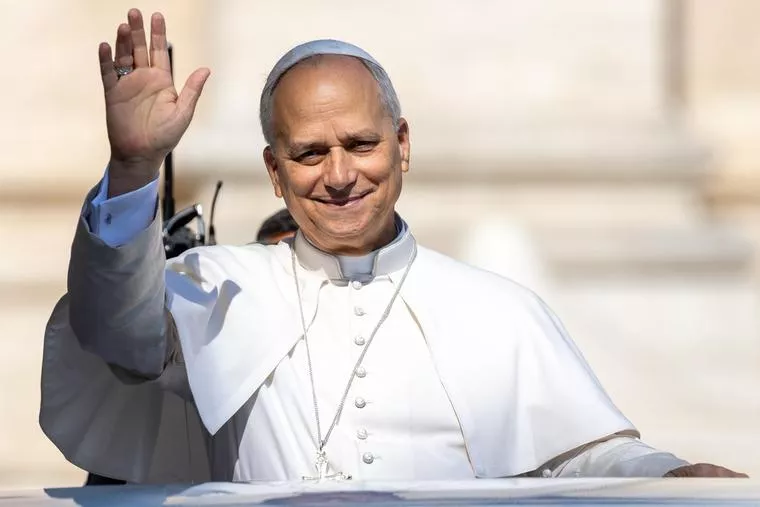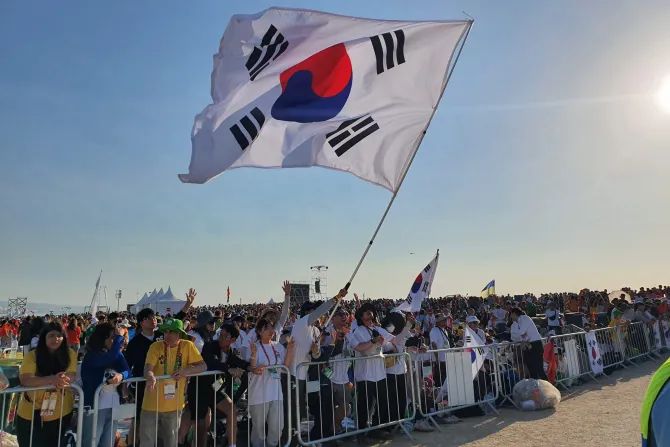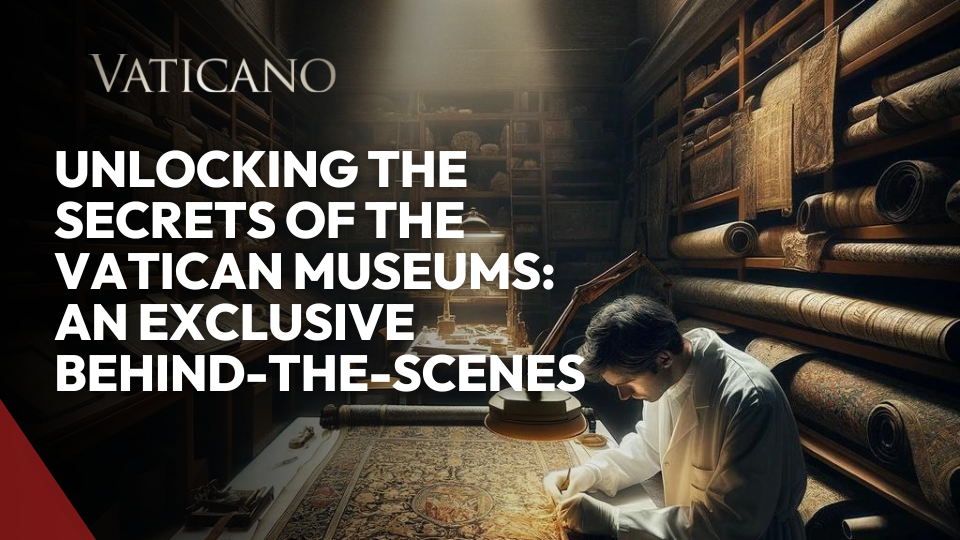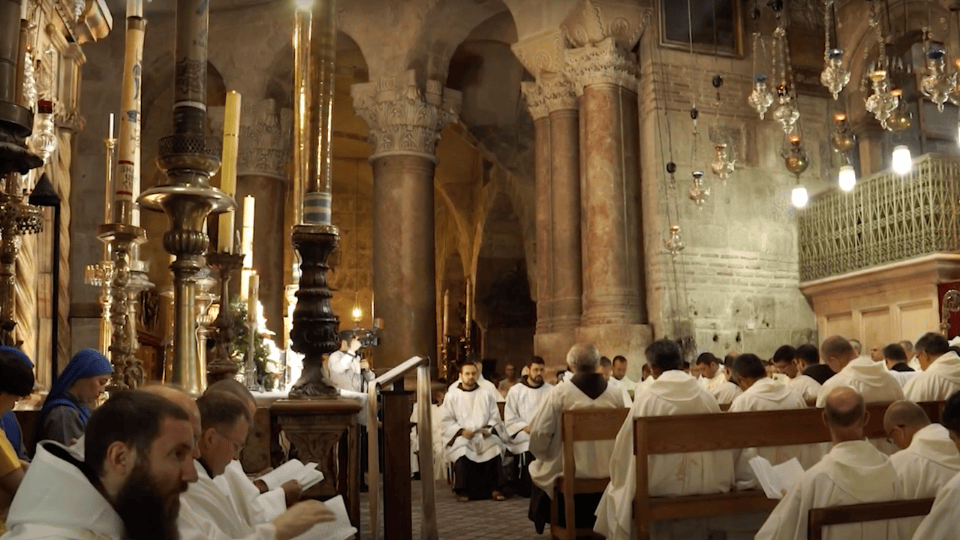Professor Vincenzo Buonomo has been appointed by the Pope as his delegate for the Pontifical Urban University, with full rectorial powers and the responsibility of assisting in the reform and adjustment of the Statutes. Meanwhile, Father Bernard Ardura’s tenure as president of the Pontifical Committee for Historical Sciences, a position he held since 2009, has concluded. Father Ardura has reached the age of 75 and has submitted his resignation due to age-related reasons. In his place, Father Marek Inglot, who has been a member of the Committee since 2015, will assume the role.
The Pontifical Urban University
The transition at the Pontifical Urban University is not a disruptive one. The current rector, Father Leonardo Sileo, led the missionary university for a three-year term from 2017 to 2020 and was subsequently reappointed for another three years in 2021. He is departing one year ahead of schedule, amidst a broader reform of pontifical universities.
Pope Francis, in a letter addressed to the new rector of the Pontifical Lateran University, Father Alfonso Amarante, emphasized the necessity of reform and noted that his responsibilities included “incorporating the Lateran University into the process, which I have initiated and coordinated through the Dicastery for Culture and Education, aimed at reorganizing the Pontifical Roman Academic Institutions.”
While this is one of the primary objectives, it is crucial to recognize that the Pontifical Urban University has deep connections with what was formerly the Congregation for the Evangelization of Peoples, now the Dicastery for Evangelization.
In his appointment decree, Pope Francis references the articles concerning the mission of the dicastery in Praedicate Evangelium, highlighting the need to adapt the service and function of the Urban University to contemporary requirements. It is tasked with contributing to the Church’s missionary efforts by enhancing the interpretation of the revealed Word and understanding the truth. This includes academic, cultural, and scientific activities to educate those called to collaborate in proclaiming the Gospel, deepening the life of faith, and governing in regions of initial evangelization.
Another pivotal document is the Apostolic Constitution Veritatis Gaudium, which provides guidelines for Catholic education. Consequently, it is imperative to update the Statutes, regulations, and administrative organization to align with current Holy See standards.
Hence, the decision to appoint Professor Vincenzo Buonomo as his delegate. In the words of Pope Francis, he will be granted “the authority and powers of a Magnificent Rector” to ensure that the Urban University contributes effectively to theological research and other disciplines, provides fruitful education for future generations, and offers authoritative teaching that addresses the contemporary Church and world’s challenges.
Pope Francis specifies that “the Delegate will exercise his mandate in coordination with the Grand Chancellor and the Superiors of the Section for the First Evangelization and the New Particular Churches of the Dicastery for Evangelization. He will report directly to me on matters of greater significance.”
Professor Buonomo will commence his term on October 1, 2024.
The New President of the Pontifical Committee for Historical Sciences
The final project overseen by the Pontifical Committee for Historical Sciences under the presidency of Father Bernard Ardura is the upcoming publication “Diplomacy, Religion, Nations,” set to be released by LEV. Father Ardura, who recently celebrated his 75th birthday, is stepping down from his position. In his stead, Father Marek Inglot, who has been a Committee member since 2015, will assume leadership.
In 2015, after Polish President Andrzej Duda’s visit to the Vatican, Father Inglot received the Cross of Officers of the Order of the Rebirth of Poland from the President himself. This recognition underscores Father Inglot’s significant contributions to shedding light on Polish history, with a distinct ecclesiastical perspective.
As Dean of the Faculty of History and Cultural Heritage of the Church at the Pontifical Gregorian University, Father Inglot was appointed to the position in 2016 for a three-year term, and his tenure was extended for an additional three years in 2019. He is best known for his work, “The Society of Jesus in the Russian Empire and Its Role in the General Restoration of the Society (1772-1820),” which has also been translated into Italian. His research also encompasses figures like the Polish Jesuit Karol Antoniewicz (1807-1852), who transitioned from being a revolutionary during the 1830-1831 uprisings to joining the Society of Jesus after experiencing the loss of his wife and children.
Father Inglot has gained renown for his expertise in researching religious society archives and teaches a course on “Bibliographic Sources for Understanding Religious Orders.”
The Pontifical Committee for Historical Sciences, founded by Pope Pius XII on April 7, 1953, serves as a continuation of the cardinal commission for historical studies established by Pope Leo XIII in 1883.
Leo XIII’s commission was tasked with fostering the development and proper utilization of historical sciences. In 1938, the Holy See joined the International Committee for Historical Sciences. The Committee’s primary focus is the ecclesiastical archival heritage, particularly the Vatican archives, and it is responsible for reviewing historical data in the Pontifical Yearbook and composing the martyrology.
Over its six decades of existence, the Committee has seen a succession of prominent figures in the field of ecclesiastical historical sciences hold the presidency, including Pio Paschini (1954-1962), Michele Maccarrone (1963-1989), Victor Saxer (1989-1998), Walter Brandmüller (1998-2009), and Bernard Ardura (2009).
Thus far, approximately ninety Members have been selected based on their specialized expertise, representing various pontifical, ecclesiastical, Catholic, and civil universities across different continents.

